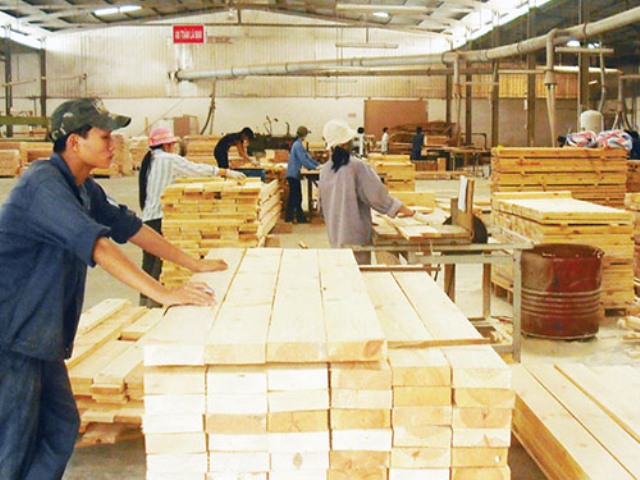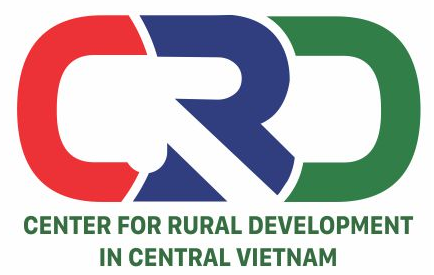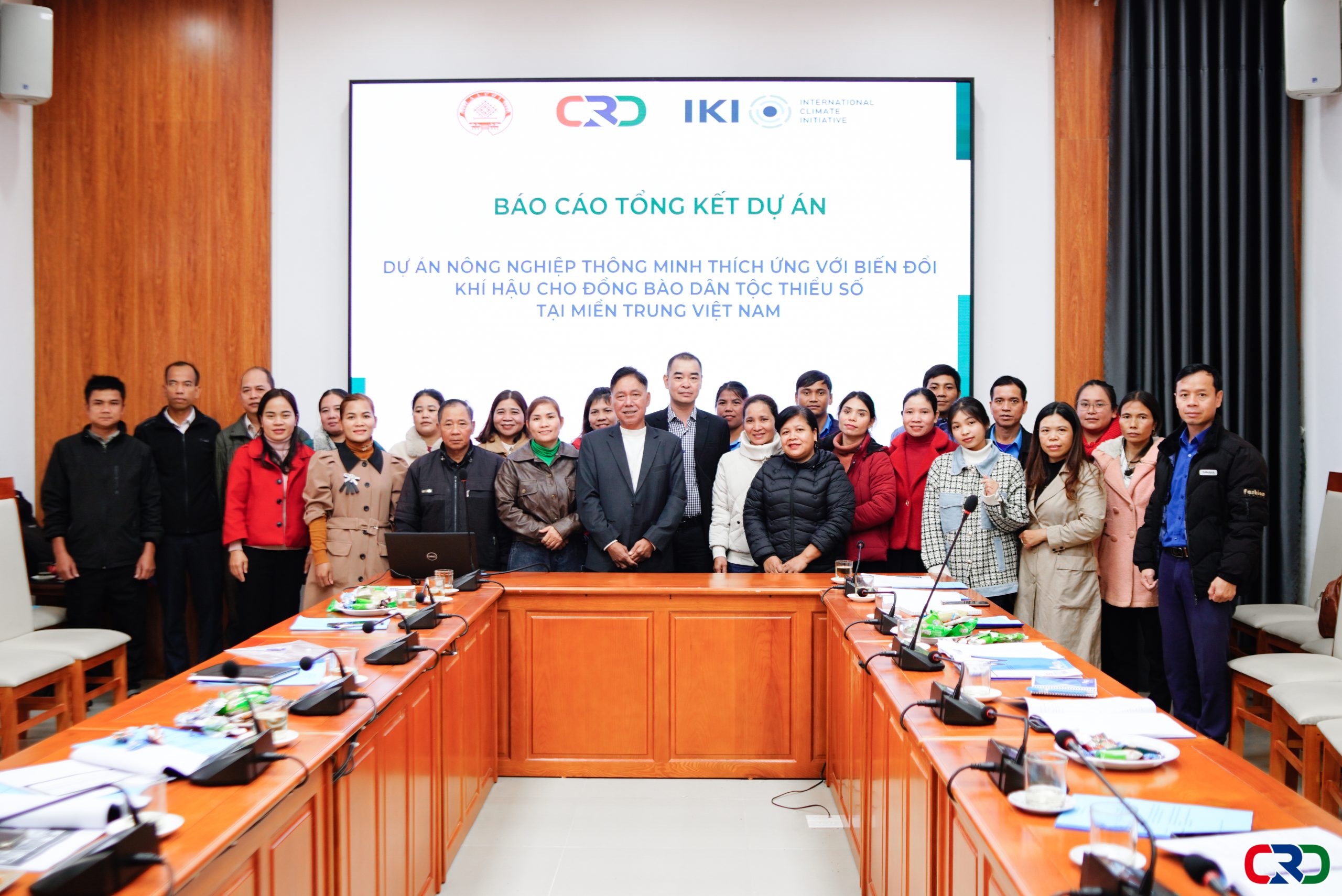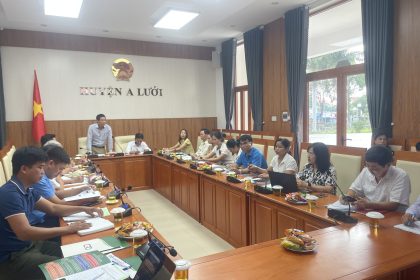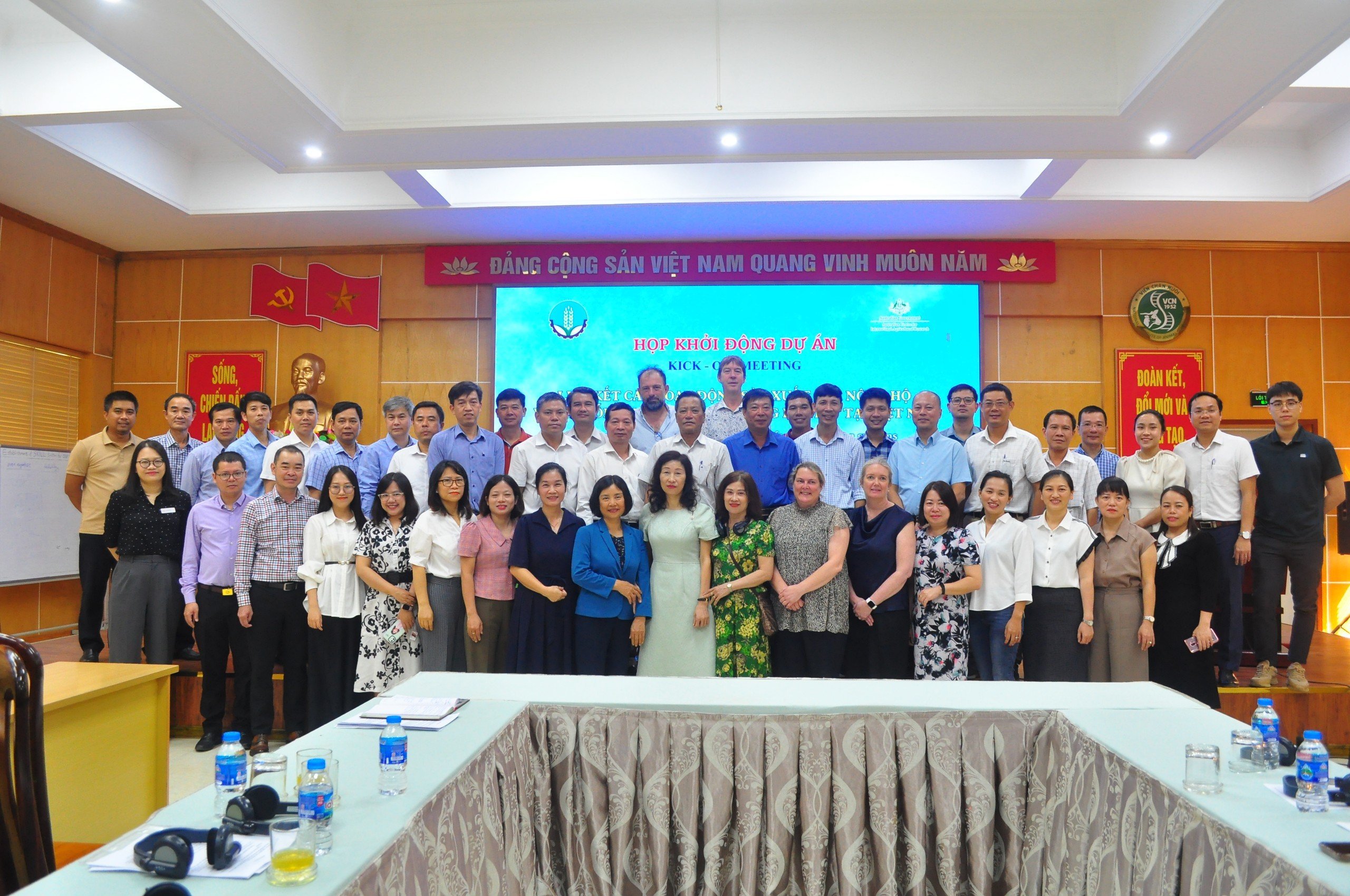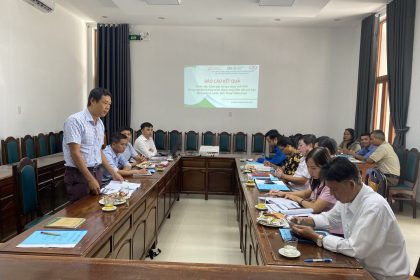Phan Triều Giang, PhD.
Centre for People and Environment of the Central Highlands (COPE)
Background
After 7 years of negotiations, in October 2018, Vietnam and the European Union (EU) signed a Voluntary Partnership Agreement (VPA) on Forestry Law Enforcement, Governance and Trade (FLEGT). According to VPA, Vietnam will build a timber legal assurance system (VNTLAS) to verify the legality of exported wood and products ; and the EU only accepts FLEGT-licensed timber to be imported into the EU when the VPA is signed and the licensing system is in operation.
When the VPA is enforced all businesses and business households participating in domestic and international supply chains must comply with legal timber requirements and participate in the organization classification system (OCS). Accordingly, the enterprises must i) Comply with dynamic evidences of supply chain control to ensure that only legal timber enters the supply chain; ii) Meet the requirements for listing and reporting supply chain controls; iii) Comply with status evidences; iv) ensure a clear violation status.
To support the implementation of the Agreement, the Center for Rural Development of the Central Vietnam (CRD), the Center for Education and Development (CED) and the Centre for People and Environment of the Central Highlands (COPE) jointly implement the Project “Supporting small businesses to comply with legal timber requirements to effectively participate in domestic and international legal timber supply chains” funded by the United Nations Food and Agriculture Organization ( FAO) through the EU-FAO FLEGT Program. One of the main activities of the project is to assess the ability to meet legal requirements and demand for capacity building of provincial stakeholders including wood processing companies / businesses, and households to comply with the legal timber definition (LD), VNTLAS, as well as OCS in the future.
In order to implement the project, a survey was conducted in Dong Nai province with two specific objectives, i). Understanding the need to improve technical capacity of provincial stakeholders such as business associations and CSOs in providing support for local small businesses in the VPA / FLEGT process; and ii). Evaluate capacity of SMEs /households in complying with LD and VNTLAS.
In the assessments in Dong Nai, households doing business and producing wood products emerged as a popular group. Initial observations show that this group is characterized by a timber wood processing village, although it uses a considerable amount of wood but is under less pressure to enforce legal regulations. A deeper understanding of this group of wood business households (HHs) is very interesting and can reveal some current policy gaps. This report summarizes the results of the survey on this household group in Dong Nai province.
One of the leading provinces in wood processing industry, adjacent to Hochiminh city, south of Vietnam
Please click and download this file here: Assessment report on household business_Dong Nai
